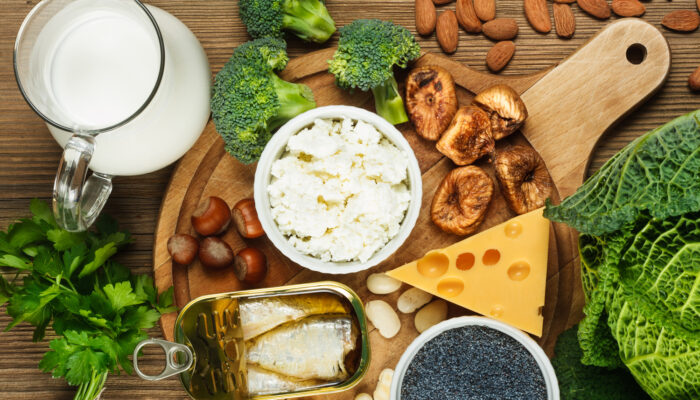
A brief introduction to the volumetrics diet
Volumetrics diet is a diet based on the energy density of foods.
This diet was formulated by Barbara Rolls, Ph.D., a professor and nutritionist who discovered a new approach for weight loss. Dr. Rolls has won many awards for her work on nutrition and diet plans. She has also written books on volumetrics diet like “The Volumetrics Weight-Control Plan” and “The Volumetrics Eating Plan.” This diet is based on the energy density of foods and consuming the right proportion of the right foods.
How is energy density defined?
The word calorie refers to the amount of energy present per unit of food. Energy density for all foods in the form of carbohydrates, fats, and proteins are calculated and listed on packs of processed foods. The total energy is calculated in kilocalories, and the nutrients present in the foods are calculated in grams or milligrams. Energy density refers to the number of calories present in food. Processed foods and foods rich in refined sugar are high in calorie content, and even a small quantity of these foods can contribute to weight gain. In a volumetrics diet, dieters focus on the energy density of all foods that they consume.
Categories of foods in the volumetrics diet
Volumetrics diet helps a person choose the right kind of foods with the right energy density to ensure a balanced food intake. Foods can be categorized into:
- Fruits: Fruits have a high quantity of water and provide energy while satiating appetite.
- Whole grains and cereals: Whole grains and cereals that do not have high quantities of starch and carbohydrates can help in weight loss.
- Low-fat food products: Milk, dairy products, meat, and seafood that have low fat content must be included in the volumetrics diet.
A conscious effort to consume the right quantity of these foods can help in maintaining a healthy weight.
Which fruits should one have while following the volumetrics diet?
Fruits contribute to a wholesome diet, and at the same time, they provide energy to the body. Some fruits have low calorie content and can contribute to weight loss when consumed regularly.
Some fruits recommended under the volumetrics diet are:
- Watermelon
- Bananas
- Avocado
- Berries
- Citrus fruits
Volumetrics diet and heart health
The heart is a vital organ that pumps blood to all parts of the body, and for this process, it requires a lot of energy in the form of food. Fat-rich foods may clog the walls of the arteries, resulting in a myocardial infarction or heart attack. Consuming high-fat foods may also lead to high blood pressure and high cholesterol. These conditions can also lead to various heart problems. Volumetrics diet is the perfect solution to all problems that stem from foods that are high in fat content as it aims to help a person maintain a healthy weight by reducing the intake of fat-rich foods.



